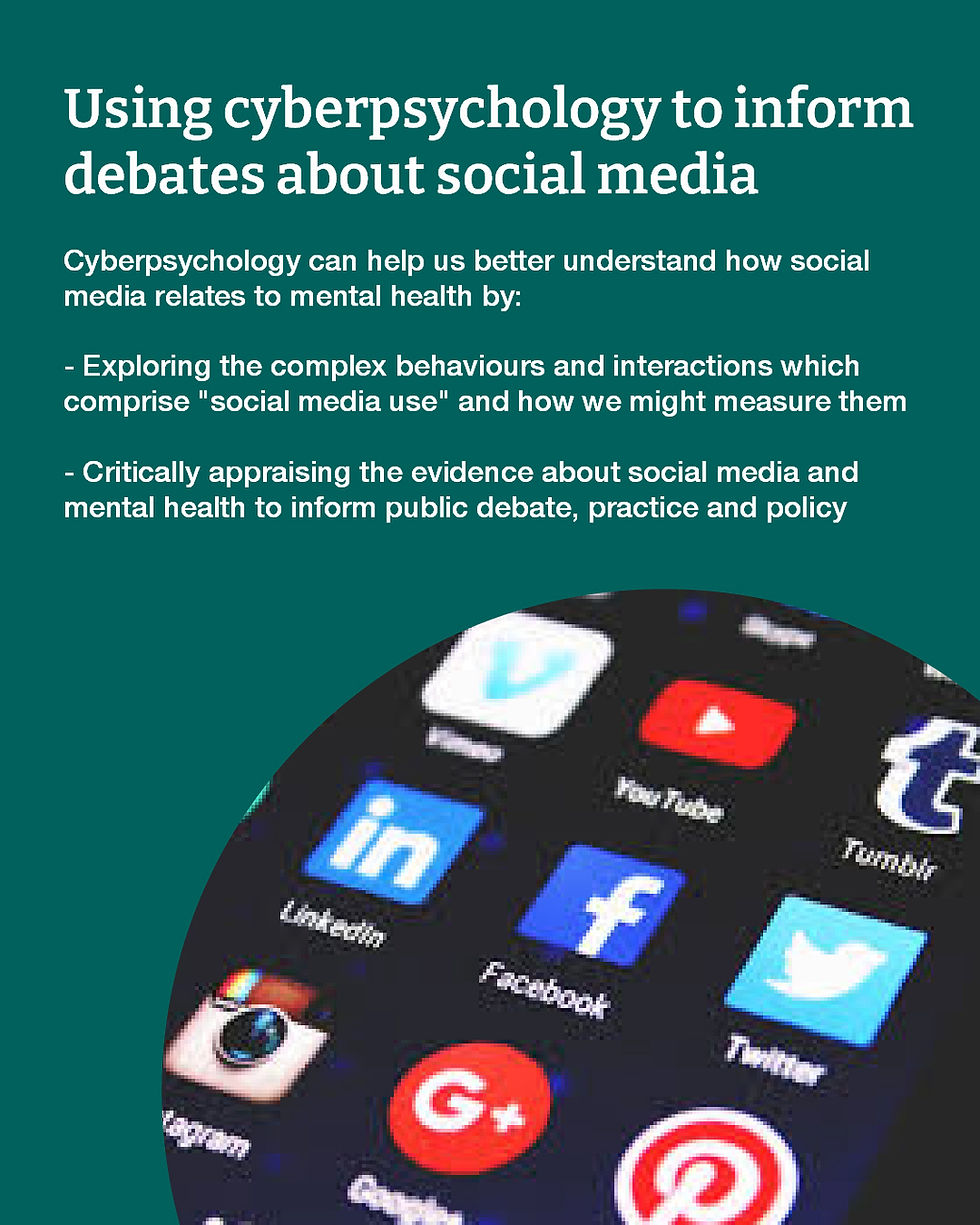“Don’t steal my thunder!”: The unwritten rules of research dissemination on Twitter
- LindaKKaye

- Feb 25, 2021
- 2 min read
I recently posted a light-hearted Tweet reflecting on whether the academic Twitter community has established any etiquette in using social media to share news about new research papers. It was simply just a fleeting thought and nothing I felt was of any major consequence.

However, the replies and reflections which followed made me realise that this was actually a really important discussion to air. It seemed that in general, people hadn’t really thought about it explicitly but noted that perhaps it should be a team decision, or first author should take priority and so on. All seemed like appropriate suggestions. Others said they didn’t think it really mattered. Other more critical issues were noted, such as in cases where the research has a press embargo. However, I received some DMs and this really highlighted to me a really important issue.
This issue was that early career researchers/PhD students had felt disgruntled (or worse experiences in some cases) that their voice in sharing their own work had been taken away from them by the more “senior” researchers on their papers (e.g., supervisors). In some cases, this was their first research paper which had been accepted in a peer-reviewed journal. I was grateful for these people who had taken the time to message me and share their stories as it really revealed why we really do need to explicitly discuss this issue in the same way we may do in deciding other dissemination decisions.
So it seems that there are a number of unwritten or unspoken rules here which perhaps need articulating. Here are some initial thoughts which are perhaps a starting point for research teams to discuss when making decisions on dissemination activities:
What
- Do we want to share a copy of our pre-print and/or accepted paper on Twitter at all?
- Do we want a thread of specific insights or just a basic tweet?
- If a thread, do we want to approve this as a team before sharing?
- Are there any restrictions we need to be aware of before sharing publicly? (e.g., press
embargos etc)
Who
- If we are sharing this news, who wants to lead on this? (e.g., first author/PI may be most
relevant but this may vary between teams)
- Is everyone happy for others who have Twitter accounts to also share this news
themselves too?
When
- In the case of accepted papers, do we want to share immediately after receiving
acceptance decision or wait until it is published online?
I have previously blogged about making explicit the research management process. It is perhaps worthwhile that the insights from this current blogpost are some specific examples of the types of explicit discussions needed in the “dissemination” stage of the practical toolkit I put together previously.
So what was initially intended as a light-hearted fleeting Tweet has actually turned into something which I certainly feel is a really important issue in the 21st century research process!



Comments